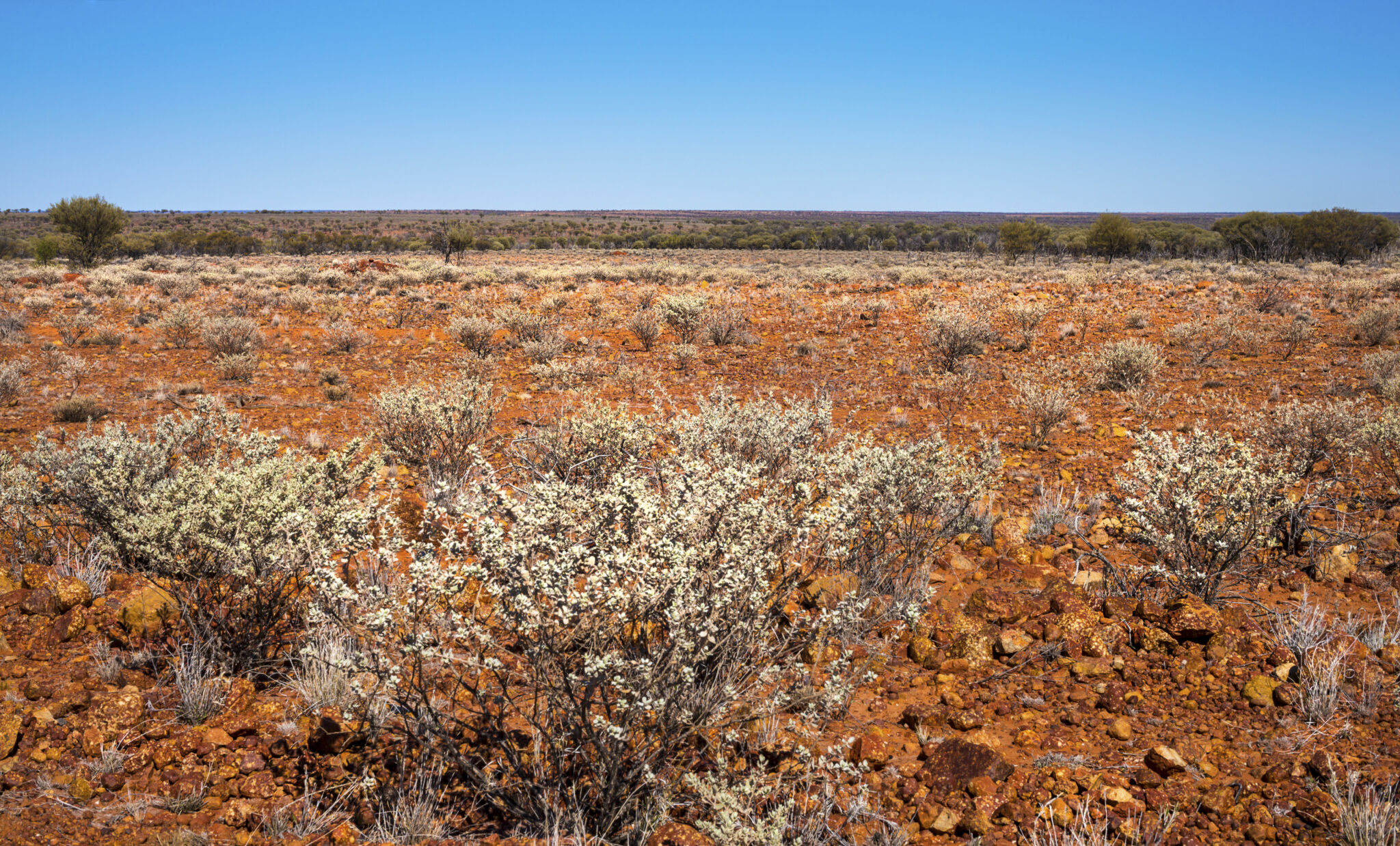Things you need to know
A decision by the New South Wales Court of Appeal has given rise to the potential for compensation to be owed for acts affecting native title rights and interests under legislation other than the Native Title Act 1993 (Cth) (Cth NTA) and outside the timeframes for which the Cth NTA affords compensation.
What you need to do
Be aware that in NSW an avenue exists outside the Cth NTA for compensation to be owed by virtue of a person holding native title rights and interests.
The Cth NTA provides native title holders with an entitlement to compensation for acts affecting native title rights and interests which occurred after 31 October 1975. The Court of Appeal’s decision in Lawson v Minister for Environment & Water (SA) [2021] NSWCA 6 (Lake Victoria Case) gives rise to the potential for compensation to be owed under other legislation in New South Wales by virtue of a person holding native title rights and interests.
Background
The Cth NTA provides native title holders with an entitlement to compensation from State and Territory Governments for acts affecting native title rights and interests which occurred after commencement of the Racial Discrimination Act 1975 (Cth) (Racial Discrimination Act) on 31 October 1975. The Native Title (New South Wales) Act 1994 (NSW) gives effect to the Cth NTA and passes that compensation liability on to other land users in certain circumstances.
Importantly, local governments in NSW are responsible for complying with the Cth NTA in all their dealings and activities by virtue of the Crown Land Management Act 2016 (NSW) (CLM Act).
In particular, the CLM Act provides that a local government which engages in conduct that would give rise to a right to compensation under the Cth NTA will be the person who is liable (rather than the State) for the compensation, and will indemnify the State for any compensation liability owed by the State.
Lake Victoria Case
The Court of Appeal made its decision in the Lake Victoria Case on 11 February 2021.
The appellant, Ms Dorothy Lawson, was seeking compensation under the Public Works Act 1912 (NSW) (NSW Public Works Act) for the extinguishment of a possessory title and native title rights and interests in land in New South Wales known as the Lake Victoria area.
Pursuant to an agreement between the Commonwealth and relevant State Governments, the NSW Government had vested the Lake Victoria area in the South Australian Government as an estate in fee simple pursuant to the River Murray Waters Act 1915 (NSW). In 1922, the land was resumed under the NSW Public Works Act.
The NSW Public Works Act provided, to the effect, that upon notification of a resumption ‘the estate and interest of every person entitled to lands resumed’ under the Act ‘be taken to have been converted into a claim for compensation’.
The Court found that, by operation of the NSW Public Works Act, the resumption had extinguished any pre-existing possessory or native title rights held by Ms Lawson and had converted into a claim for compensation.
As a result, Ms Lawson is now entitled to make a compensation claim pursuant to the NSW Public Works Act.
Key implications
Intriguingly, Ms Lawson would have no recourse to compensation for the effect of the resumption on native title rights and interests under the Cth NTA. This is because the Cth NTA recognises that acts affecting native title which occurred prior to introduction of the Racial Discrimination Act on 31 October 1975 are valid, and accordingly, affords compensation to native title holders for acts which occurred after that date.
The Court of Appeal has recognised that by the operation of the NSW Public Works Act another avenue for compensation exists by virtue of a person holding native title rights and interests (regardless that the act concerned preceded introduction of the Racial Discrimination Act).
It remains to be seen whether the SA Minister for Environment and Water will seek leave to appeal against the Court of Appeal’s decision in the High Court.
Otherwise, the outcome of any compensation claim pursued by Ms Lawson is now to be determined by the Supreme Court’s Equity Division.
